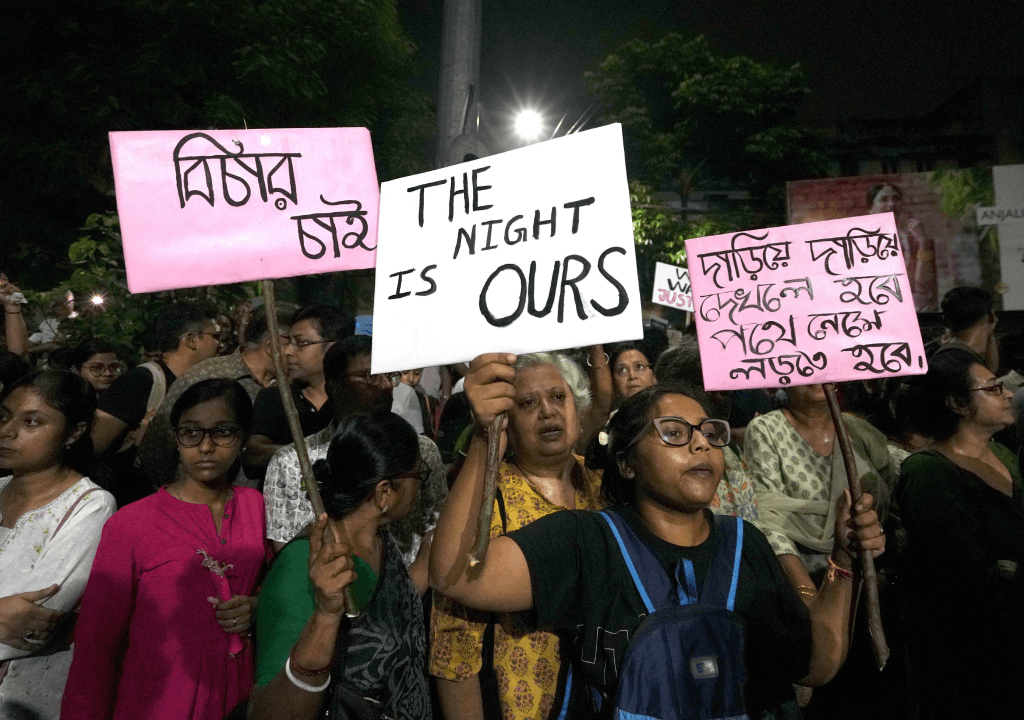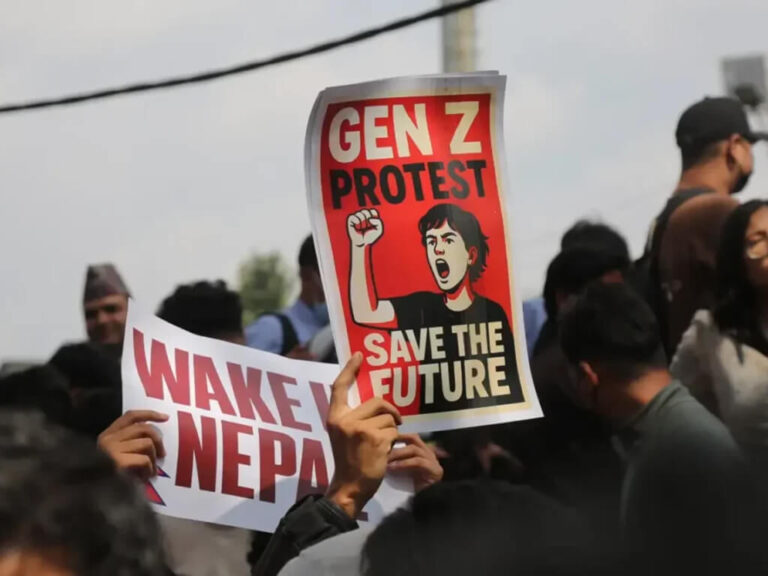West Bengal, India’s region of Bengal, is witnessing mass protests following unrest in neighboring Bangladesh that led to the toppling of its government. The protests in West Bengal were triggered by the brutal rape and murder of a junior doctor at Kolkata’s medical college and have shocked the nation. Although India’s police system is relatively strong and the protests have not descended into the same level of violence or anarchy seen in Bangladesh, the ongoing protests have become a significant challenge for the Bengal government, led by the All India Trinamool Congress (AITC). The AITC has been a fierce critic of Narendra Modi and his Bharatiya Janata Party (BJP)-led central government. The BJP has decided to leverage the situation to its advantage, and central agencies have stepped in to investigate. With nationwide criticism continuing ten days after the incident, many believe the unrest could further destabilize the state government.
West Bengal, the eastern state of India formed after the division of Muslim-majority areas into Pakistan and later Bangladesh, has long claimed to be one of the most culturally influential regions, particularly in its reverence for the Hindu female deity Kali. The state asserts itself as the true heir of Bengali identity, a language-based identity that is gender-neutral, unlike many other Indian languages. Unfortunately, Bengal is now also known for an increase in crimes targeting women.
The situation became notably concerning under Mamata Banerjee, the state’s female chief minister and founder of the All India Trinamool Congress (AITC), who rose to prominence as one of India’s most influential political figures. Despite her strong position in elections, Banerjee has consistently faced criticism for failing to maintain law and order in the state. Gang rapes have become frequent, and the sensational case involving Sandesh Kahli, where an AITC leader was implicated in organized crimes against women with substantial support from local machinery, has highlighted these issues. Additionally, reports indicate that Muslim women in the state, many of whom migrated from Bangladesh, have faced violations of their basic civil rights. Government intervention has often been lacking, partly due to the political need of AITC to maintain support from the Muslim vote bank.
The recent brutal attack on a doctor has intensified national attention, exposing attempts by the AITC government and authorities to cover up such incidents. Protests have erupted across West Bengal, with Kolkata, the state capital, emerging as the epicenter. Long marches and clashes between AITC supporters and protesters have disrupted daily life in Kolkata, one of India’s largest metropolitan areas.
West Bengal’s political landscape is currently divided between the Mamata Banerjee-led All India Trinamool Congress (AITC), which forms the state government, and the Bharatiya Janata Party (BJP), which is now the opposition in the state and leads the central government. The previous major players, the Communist Party of India and the Indian National Congress, have been ousted from the state, leaving the voter base split between the AITC and the BJP. The AITC now holds the secular and Islamist vote banks, while the BJP attracts Hindu nationalist votes. In previous contests, Mamata Banerjee and her AITC have been victorious, including in the last general elections.
Political analysts are divided on the impact of the ongoing protests in Bengal politics. Some believe that the firm support of the Islamist community will provide Mamata Banerjee with momentum, as the BJP struggles to expand beyond Hindu votes and other parties that could have split the AITC’s vote base are currently inactive in West Bengal. However, some analysts predict that the reaction to these emotionally charged issues could mirror past events, such as the Nandigram firing incident that led to the ousting of the Communist Party, potentially leading to a similar fate for the AITC.
The governor of the state, a representative of the central government, declared that West Bengal is not a safe place for women. Many believe this move could prompt the central government and the president to dissolve the state government and impose presidential rule, according to Article 356 of the Indian Constitution. BJP leaders, workers, and some pro-BJP figures are advocating for this action. From a political perspective, this represents a significant opportunity for the BJP, which has struggled to gain power in the last three assembly elections due to the firm support of Muslim votes for the AITC.
The unrest in West Bengal poses severe security issues for India, particularly given the large number of Bangladeshis in the state and its history of Hindu-Muslim conflict. The central government fears that dissolving the West Bengal government could lead to further anarchy, similar to the situation in Kashmir. However, this situation has clearly shaken the West Bengal government, forcing Mamata Banerjee to take strong actions. The future of the protests will likely determine the fate of the West Bengal government, Mamata Banerjee and the All India Trinamool Congress.








